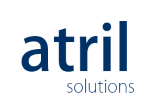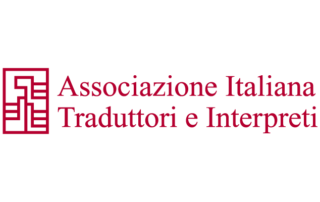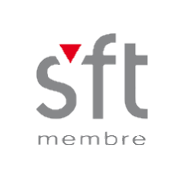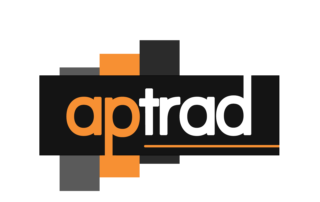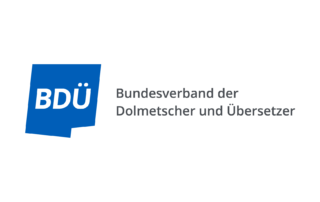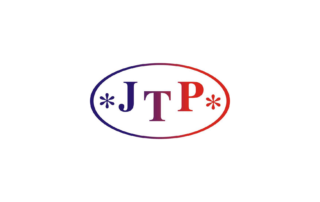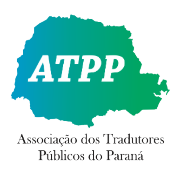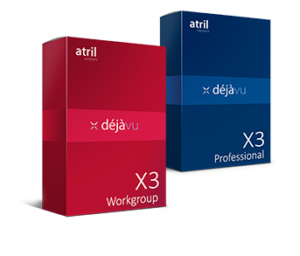

The name we chose for our product, Déjà Vu, expressed our approach, making it clear that Atril’s priority was not simply to automate the translation of new versions of old documents, but to inform and facilitate the translator’s and editor’s work. Every translator has “déjà vu moments” when they encounter a translation problem they can recall having solved in the past without remembering how. Déjà Vu declared in its very name that it had been designed to support their thinking and productivity by immediately and automatically supplying this “déjà vu” information.
Moving away from a Word interface in 1996, almost a decade before the many competitors who emulated us, we provided a dedicated translation environment of our own design which enabled users to work on a large number of different files in a single project with unparalleled flexibility – and without having to own and learn a large number of different word processing and desktop publishing systems. This new environment also enabled us to add many powerful innovations, including automated quality control checks and our Assemble technology, the first-ever application of Example-Based Machine Translation.
Since then, we have continued to add new functionality, ensuring that Déjà Vu remains uniquely effective and productive in its application of technology to support translation professionals in the crucial human intelligence aspects of their work
